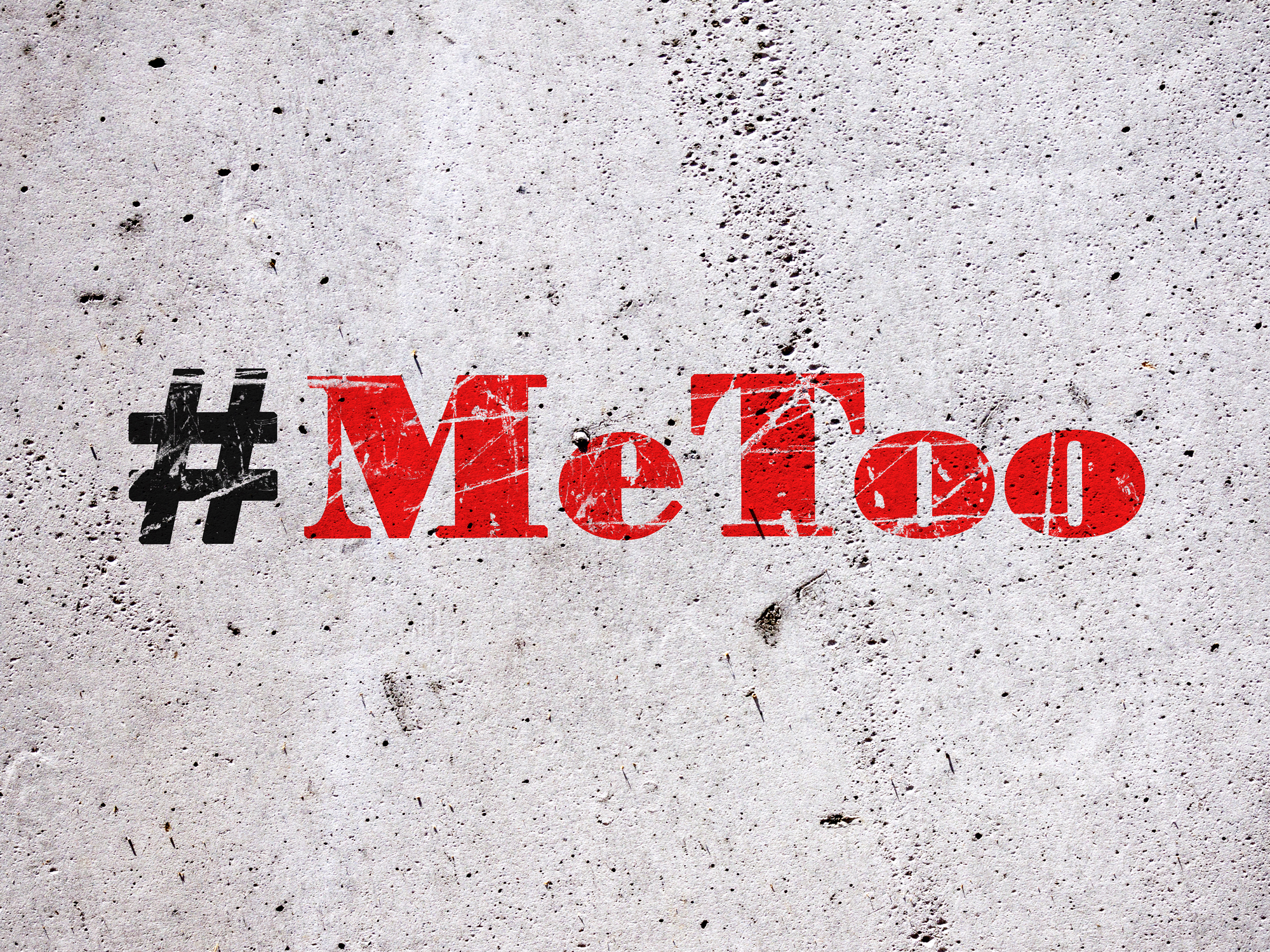The Illinois Workplace Transparency Act (WTA), which institutes new sexual harassment training requirements, is to take effect in January 2020.
 The new law, enacted in August 2019, requires every Illinois employer (including those with fewer than 15 employees) to provide annual sexual harassment prevention training to employees.
The new law, enacted in August 2019, requires every Illinois employer (including those with fewer than 15 employees) to provide annual sexual harassment prevention training to employees.
The WTA required the Illinois Department of Human Rights to produce a model sexual harassment prevention program to be made available to employers and the public at no cost. Employers have the option to use the model program or establish their own as long as their program equals or exceeds certain requirements. At a minimum, the program must include:
- An explanation of sexual harassment;
- Examples of conduct that constitutes unlawful sexual harassment;
- A summary of relevant federal and Illinois statutory provisions concerning sexual harassment, including remedies available to victims; and
- A summary of employers’ responsibilities in preventing, investigating, and correcting the conduct.
Penalties for Failure to Provide Training
The WTA imposes civil penalties on employers that fail to provide the required training. Employers with fewer than four employees may be subject to penalties not to exceed $500 for a first offense, $1,000 for a second offense, or $3,000 for a third or subsequent offense.
Employers with four or more employees may be subject to penalties not to exceed $1,000 for a first offense, $3,000 for a second offense, or $5,000 for a third or subsequent offense. The exact amount will vary depending on the size of the employer charged, its good-faith efforts to comply, and the gravity of the violation.
Extra Requirements for Bars, Restaurants
The WTA imposes additional antiharassment requirements on bars and restaurants. Every such establishment must have a written sexual harassment policy and provide it to new employees within a week of their start date. The policy must be available in English and Spanish.
For more information on the WTA, see the August 2019 issue of Illinois Employment Law Letter.
Kelly Smith-Haley is an attorney at Fox, Swibel, Levin & Carroll, LLP in Chicago. She can be reached at ksmithhaley@foxswibel.com.
